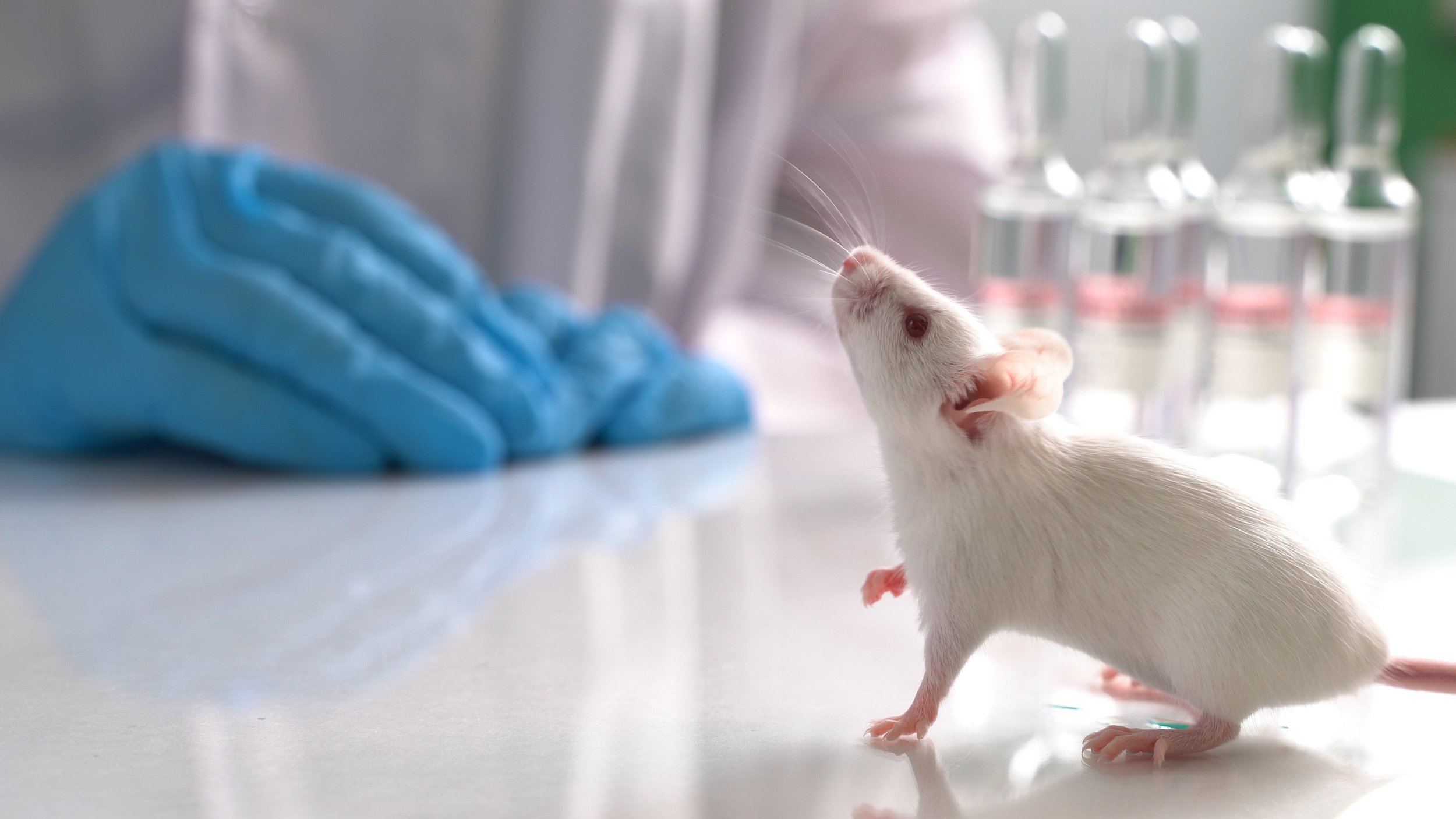It’s time researchers start focusing on better alternatives to animal testing rather than discuss its ethics
/An article published recently in The Conversation discusses the ethics and value of animal testing.
The article defends the continued use of animal research, explaining that it “benefits both humans and animals. Numerous medical advances exist because they were initially studied in animals – from treatments for cancer and neurodegenerative disease to new techniques for surgery, organ transplants and noninvasive imaging and diagnostics.”
We do not quibble with the fact that animal testing has been useful in advancing science. But we believe it’s time to move the conversation beyond the ethics of animal research and the processes put in place to protect test subjects. Why? Because animal testing is unreliable, ineffective and costly.
Many human diseases cannot be reproduced in animals. That is why 90% of drugs found safe and effective in animal tests fail during human clinical trials. As a result, research and development takes longer and costs spiral as companies conduct animal research, followed by human clinical trials. This is why a new oncology drug may cost up to $5 billion to develop – and up to 15 years to commercialize.
We can no longer afford to waste this much time and money.
We believe it is time to focus resources on developing superior alternatives to animal testing, such as organs on a chip.
Organs-on-chips are systems that contain engineered or natural miniature tissues grown inside microfluidic chips. They are designed to maintain tissue-specific functions to mimic human physiology.
Using such bio printed human tissue can eliminate the harm to animals and humans, improve clinical accuracy and speed our ability to deliver the best patient outcomes. Such testing can be done more quickly than with the current animal research model and the results will offer a better indicator of how different therapies will work in patients.
An article in the journal “Nature” earlier this year discussed the strengths and weaknesses of organs-on-chips. It concluded the “technology is on track to becoming widely accepted as a human-specific experimental platform for preclinical research and therapeutics testing … largely based on the results of in vitro studies using these platforms becoming increasingly predictive of clinical data for integrated human physiology.”
The Conversation article goes to great lengths to discuss the protections in place to ensure research animals are treated humanely. We absolutely support these efforts but would like to see similar zeal applied to finding and institutionalizing the replacement for animal testing.
Earlier this year, we announced a $1 million competition to encourage innovation that will enable medicine to move away from unreliable animal testing. Our Animal Free Precision Medicine initiative is focused on:
• Dramatically improving drug development speed and probability of success.
• Reducing and eventually eliminating the need for animal testing.
• Significantly reducing risks and increasing benefits to patients in clinical trials and retail medicine.
If you agree that it’s time to embrace new testing regimes to advance science, sign onto our Animal Free Precision Medicine Manifesto petition.


